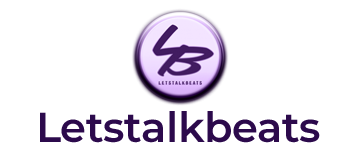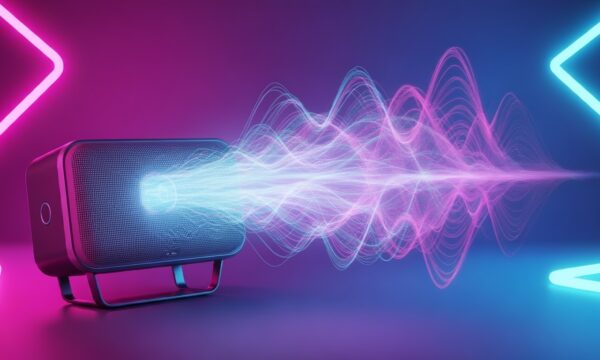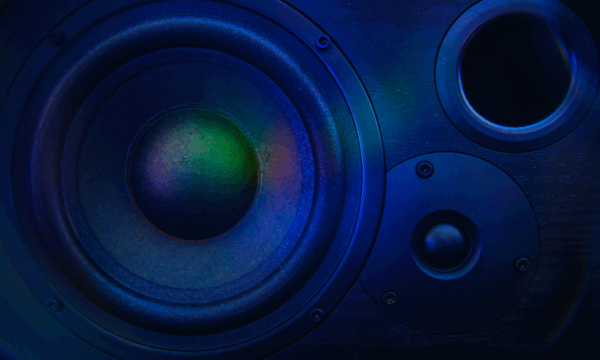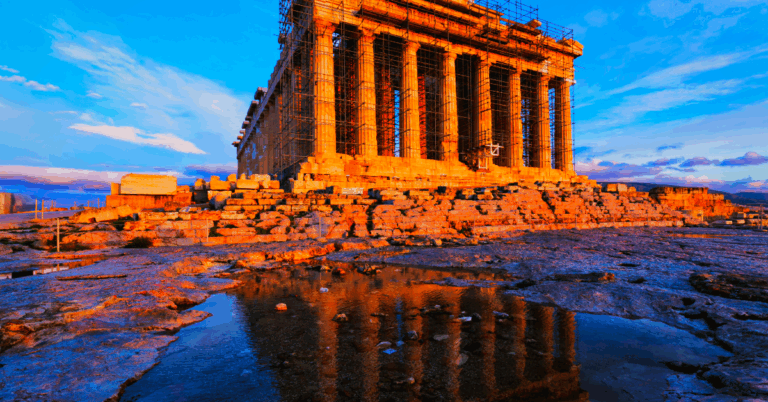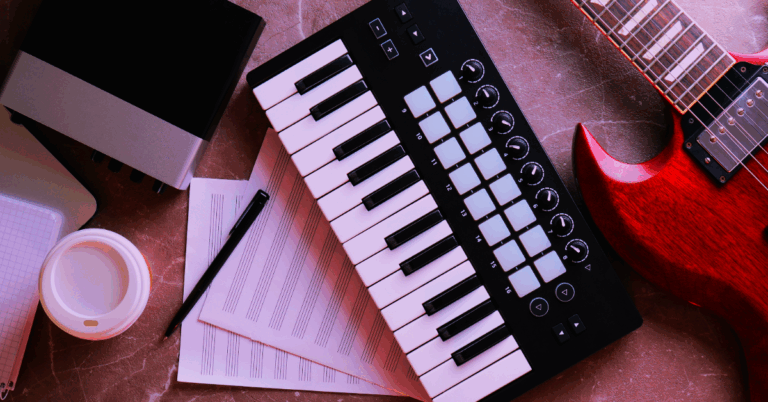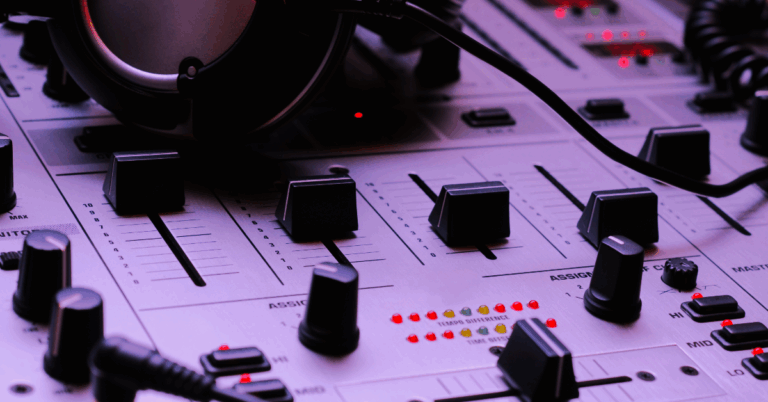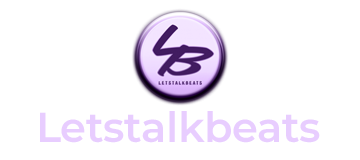The music industry is undergoing a transformation, and one controversial shift is the increasing number of signed producers using AI to interact with and repurpose work by up and coming artists. At first glance, this may seem like a technological advancement or time-saving tactic, but a closer look reveals deeper issues related to ethics, transparency, and exploitation. The relationship between seasoned producers and emerging talent was once seen as a vital, collaborative exchange. Now, the infusion of artificial intelligence risks undermining that exchange by creating power imbalances that violate creative trust.
AI in music production is not inherently negative. Tools like AI-assisted mastering, vocal synthesis, or composition helpers can streamline workflows and spark ideas. However, when these tools are applied to work that comes from less-established artists especially without clear communication or consent it shifts from innovation to manipulation. Signed producers using AI tools without disclosing their intentions, or using beats, vocals, or concepts sent by newer artists as “training data” or inspiration for AI-generated content, blur the lines of creative ownership. This can leave up and coming artists feeling exploited, especially if those ideas get released commercially by a major name while the original creator remains uncredited.
Understanding the Difference Between Narrow AI and General AI
In the current debate surrounding artificial intelligence, it’s crucial to understand the distinction between narrow AI and general AI. Narrow AI refers to artificial intelligence systems that are specialized in a specific task such as vocal processing, beat matching, or auto-mixing in music production. These systems perform well within their limited scope but have no true understanding or awareness. They follow patterns and instructions coded by humans, executing tasks efficiently but without creativity or consciousness.
General AI, on the other hand, remains more of an ideal than a reality. It refers to a hypothetical form of AI that would match or exceed human intelligence across all domains reasoning, creativity, emotion, and ethical judgment. As of now, general AI does not exist. Despite rapid technological advancement, we are far from developing a system that can think, feel, or interpret the world like a human. Human intelligence itself is not fully understood, let alone replicable. Relevance, emotion, intuition these are deeply human faculties that cannot be authentically coded or quantified. This makes the current use of narrow AI a tool, not a replacement for genuine artistic collaboration.
How This Violates Creative Trust and Destroys Artist Development
At the core of the issue is the principle of creative trust. Music is deeply personal, and when emerging artists share their music with signed producers, it often comes from a place of vulnerability, hope, and belief in potential collaboration. Violates creative trust doesn’t just mean stealing ideas it means undermining the belief that the industry operates on mutual respect.
When a signed producer uses AI to replicate the sound, melody, or even vocal style of an unsigned artist, without giving proper credit, it erodes the foundational values of artist development. This isn’t just about music; it’s about mentorship, legacy, and integrity. By bypassing collaboration and using technology as a shortcut, they strip away an essential part of what makes music meaningful: the human connection.
Debates Around AI Usage in Hip-Hop Communities
In today’s digital creative spaces, debates between rappers and producers about AI usage are becoming more heated and complex. Some view the use of AI in sound design or visual art as cutting corners. While others embrace it as a natural progression of technology. There are even prominent artists being called out by their own fans for embracing AI in ways that feel disingenuous to some.
This tension reveals an important truth. Many of the tools we already rely on whether it’s to design album art, create thumbnails, or format digital releases already contain embedded AI. From Adobe Photoshop to Canva and even Pro Tools. AI features are integrated into the software, often without users even realizing it. Drawing a clear ethical line between acceptable and unacceptable uses of AI is difficult because the boundaries are still emerging. And much like we’ve accepted AI assistants like Siri without question, it’s possible that creative AI may become just as normalized.
The real problem arises when AI is used deceptively when creators attempt to pass off machine generated work as purely human in origin. Especially in a way that hides the source or intention. This blurs authenticity and raises valid concerns. Not just about ethics, but also about trust and artistic credit. It’s not that AI itself is bad, but that the way producers use it must be rooted in respect and honesty.
The Role of Up and Coming Artists in Protecting Their Work
For up and coming artists, this trend highlights the urgent need to protect their intellectual property, but also to rethink who they collaborate with. It is more important than ever for them to understand how their work may be used, especially in an environment where AI makes it easier to replicate and repurpose.
Artists are encouraged to be strategic, to document interactions, and to establish clear boundaries when sharing unreleased work. But beyond defensive measures, they must also push the industry to recognize and reward authenticity. This moment calls for solidarity among creatives to challenge the normalization of practices that violate creative trust.
Why Transparency Matters More Than Ever
There is a path forward, but it requires transparency. If signed producers using AI are open about their process, disclose how they work with submitted materials, and ensure that consent and compensation are clearly defined, they can still support up and coming artists in meaningful ways. However, without that openness, the use of AI becomes just another tool to widen the gap between those who have power in the industry and those still fighting for a chance.
We should not demonize technology. But we must question the systems and motives behind its use, especially when it impacts the dreams and livelihoods of aspiring creatives. If trust is broken at the beginning of a relationship, the damage may not just be personal it can undermine the integrity of an entire artistic movement.
Final Thoughts A Call for Ethical Music Creation in the Age of AI
We are at a crossroads. The use of AI in music will continue to expand, but how we choose to integrate it ethically and respectfully is still within our control. For signed producers using AI, this means honoring their position and platform by uplifting rather than extracting. For up and coming artists, it means staying vigilant, educating themselves, and speaking up when lines are crossed. Building music together requires more than talent. It requires trust. And in this era of rapid change, that trust must be earned, protected, and never violated.
Justin David
Creative man • Philosopher • Artist • Producer
